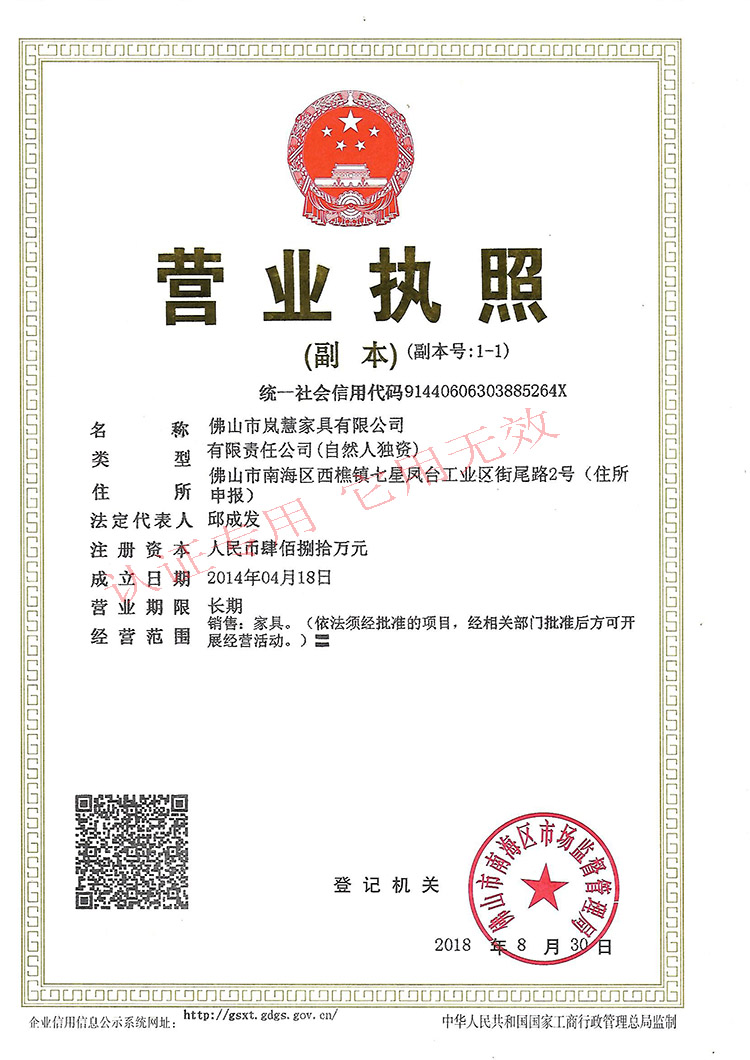香河酒店实木餐桌餐椅定制 苏州餐桌餐椅旋转桌
设计时需要考虑的事项-
Design considerations-
作为厂家定制百年老妈火锅批发零售火锅店的家具之一,在设计上要注重人体的舒适度。现在,人们对产品的需求已不再局限于实用性,而是慢慢上升为一种情感。产品本质上是满足人类生活各方面需求的工具。产品是为人性化服务。产品设计需要以人为本。人性化设计体现人类设计的本质征。人性化设计在我们的生活中随处可见,给人以生命和情感,这种产品的发展也随着人们需求的变化而变化。然而,现代椅子的设计是不断变化的,也是值得我们研究的。
As one of the furniture for the manufacturer's customized century old mom hotpot wholesale and retail hotpot shop, the design should pay attention to the comfort of the human body. Nowadays, people's demand for products is no longer limited to practicality, but gradually rising into an emotion. Products are essentially tools that meet the needs of various aspects of human life. The product is for humanized service. Product design needs to be people-oriented. Humanized design embodies the essential characteristics of human design. Humanized design can be seen everywhere in our lives, giving people life and emotions, and the development of this product also changes with people's needs. However, the design of modern chairs is constantly changing and worth studying.
厂家定制百年老妈火锅批发零售火锅桌定做的演变与技术的发展息息相关。新材料、新工艺、新结构、新技术环境是取之不尽的宝藏,新设计的基础不断涌现。一个奇怪的形状,传统家具的诞生总是伴随着一种新技术、新材料、新结构的出现,从中我们可以看出椅子的设计不仅吸收新的生产工艺和材料,闪耀时尚,舒适多样,而且不断地重新设计。具有民族性、地方性等自然征。在现代设计的历史中,椅子的变化与建筑技术的发展是同步的。椅子可以被看作是历史的镜子,所以看到小的大是重要的。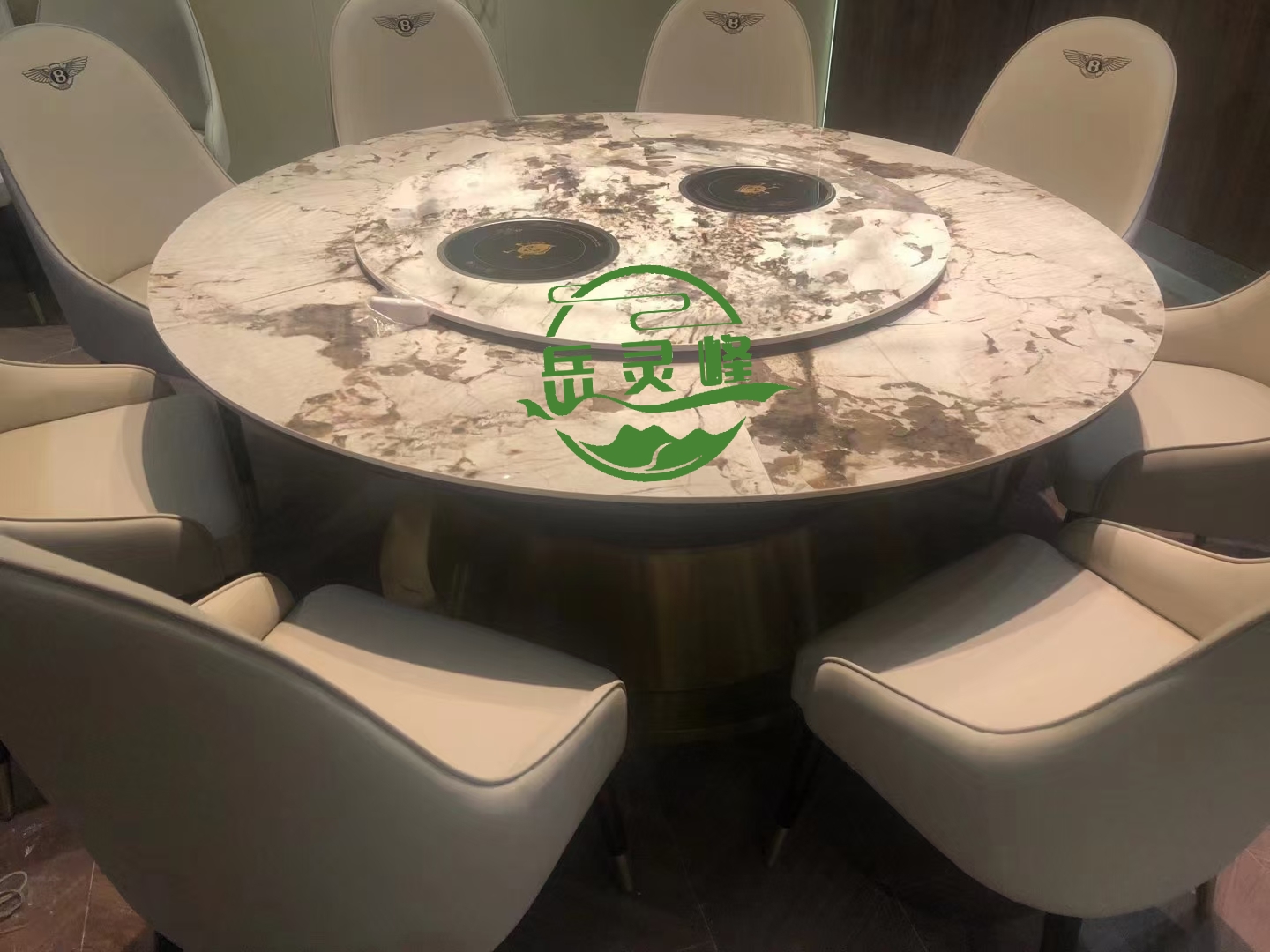

The evolution of customized century old mom hotpot wholesale and retail hotpot tables by manufacturers is closely related to the development of technology. New materials, processes, structures, and technological environments are inexhaustible treasures, and the foundation of new designs is constantly emerging. A strange shape, the birth of traditional furniture is always accompanied by the emergence of a new technology, new materials, and new structures. From this, we can see that the design of chairs not only absorbs new production processes and materials, shines fashionable, comfortable and diverse, but also constantly redesigns. Having natural characteristics such as ethnicity and locality. In the history of modern design, the changes in chairs are synchronized with the development of architectural technology. Chairs can be seen as mirrors of history, so it is important to see the small and the big.
正如乔治·尼尔森在1953指出的:“没有真正原创的想法,每一个设计创新,每一个材料应用,每一个家具技术发明都能生动地表达在椅子上的坐垫表面的宽度通常是根据人的坐姿和运动而成的前宽和后窄的形状。阀座表面的前宽度称为前宽度,后宽度称为后宽度。坐姿宽度一般不小于380mm,对于扶手椅来说,要考虑身体的手臂支撑,以扶手的宽度作为坐姿的宽度大小,根据人体肩部的平均宽度来增加适当的允许大小,一般不小于460mm,而且也不应该T。OO宽,应以舒适的姿势以自然臂挂肩宽度为标准。根据人体尺度,扶手上表面与座椅表面之间的垂直距离为200~250mm,扶手前端略有上升。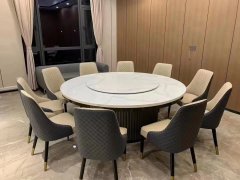

As George Nelson pointed out in 1953: Without truly original ideas, every design innovation, every material application, and every furniture technology invention can vividly express the width of the seat cushion surface on a chair. The width of the seat cushion surface is usually formed by the front width and back narrow shape based on human sitting posture and movement. The front width of the seat surface is called the front width, and the back width is called the back width. The sitting width is generally not less than 380mm, and for armchairs, the arm support of the body should be considered, Using the width of the armrest as the width of the sitting posture, increase the appropriate allowable size based on the average width of the human shoulder, generally not less than 460mm, and should not be too large. OO width should be based on a comfortable posture with a natural arm shoulder width as the standard. According to the human scale, the vertical distance between the upper surface of the armrest and the surface of the seat is 200-250mm, and the front end of the armrest slightly rises.
随着座椅表面倾角和基本倾斜背斜的变化,扶手的倾斜度一般为10-20度,扶手的水平倾角为10度,与座椅表面的形状基本一致。座椅靠背的高度和宽度可达到480~630mm,大宽度可达350~480mm。背部的大小主要与臀部的底部到肩的高度(决定背部的高度)和肩宽(决定背部的宽度)有关。
As the inclination and basic inclination of the seat surface change, the inclination of the armrest is generally 10-20 degrees, and the horizontal inclination of the armrest is 10 degrees, which is basically consistent with the shape of the seat surface. The height and width of the seat backrest can reach 480-630mm, and the large width can reach 350-480mm. The size of the back is mainly related to the height from the bottom of the buttocks to the shoulders (determining the height of the back) and the width of the shoulders (determining the width of the back).
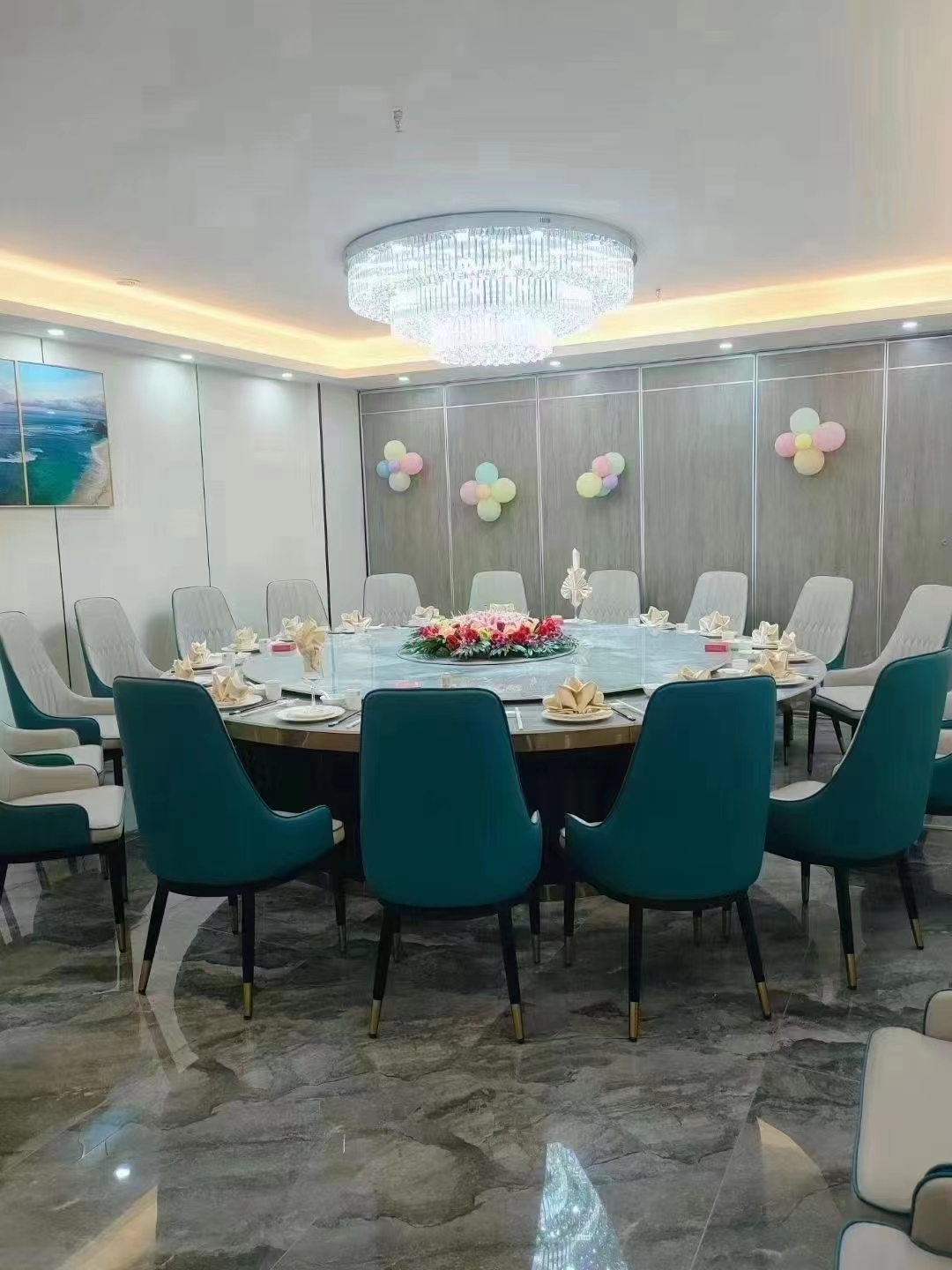 智能多功能餐桌样式
智能多功能餐桌样式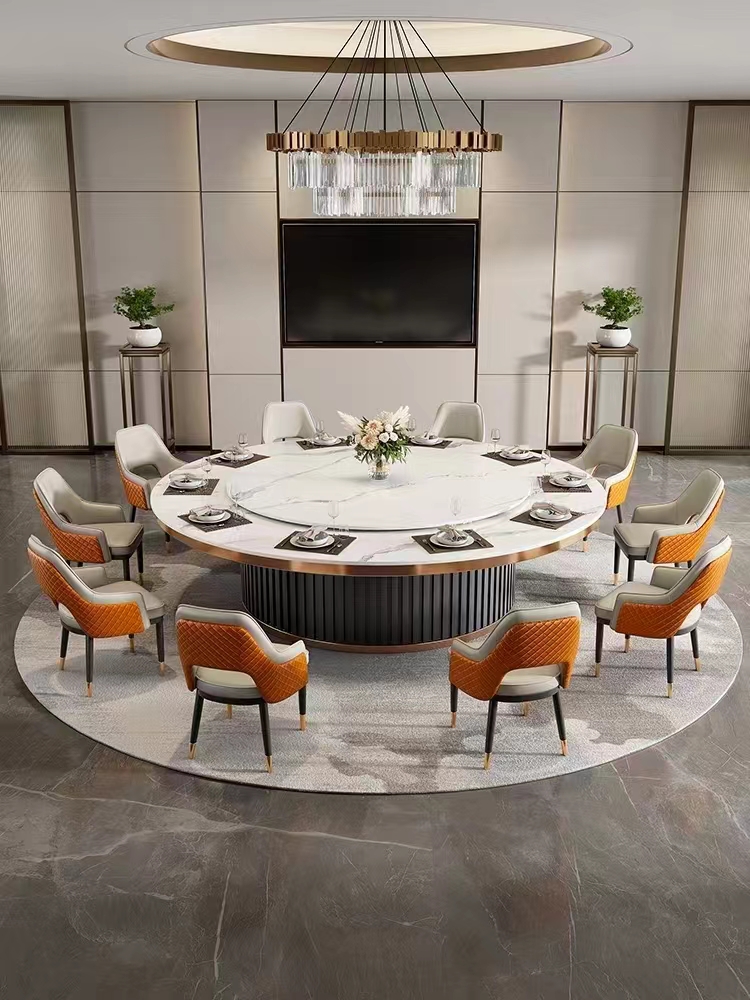 多功能会所电动圆餐桌 电
多功能会所电动圆餐桌 电 家具餐桌价格表 电池炉火
家具餐桌价格表 电池炉火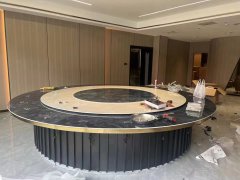 饭店电动餐桌电源
饭店电动餐桌电源 40人电动餐桌价格 实木4米
40人电动餐桌价格 实木4米 火锅电动餐桌 家好
火锅电动餐桌 家好 12人电动餐桌价格 椭圆形
12人电动餐桌价格 椭圆形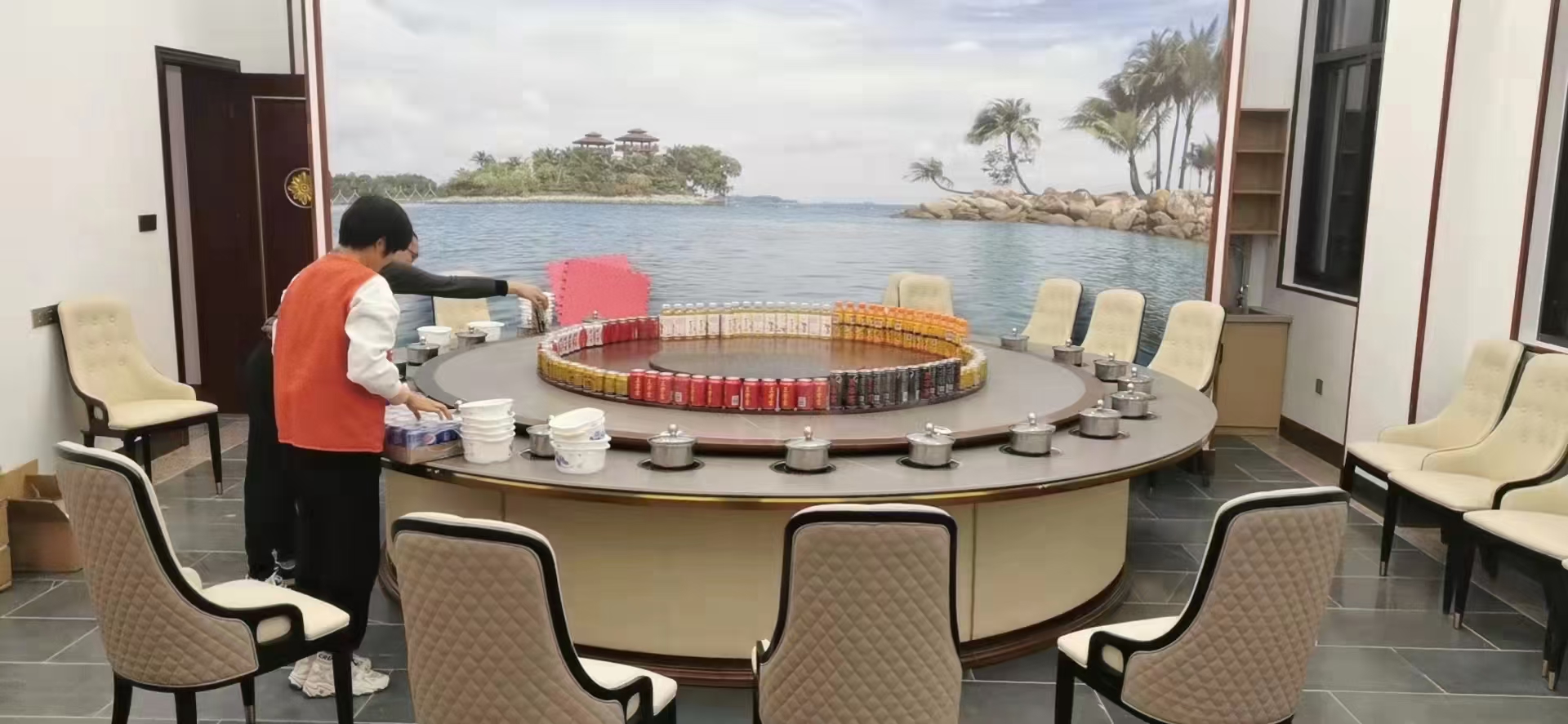 酒店电动大圆桌定做
酒店电动大圆桌定做